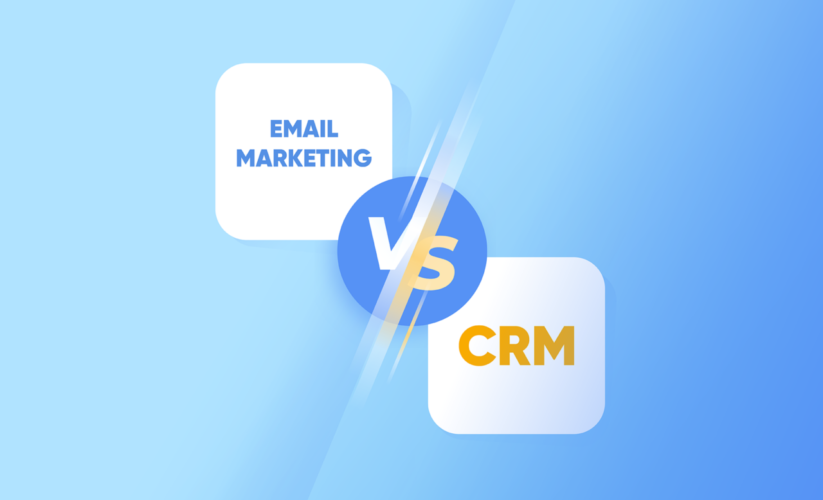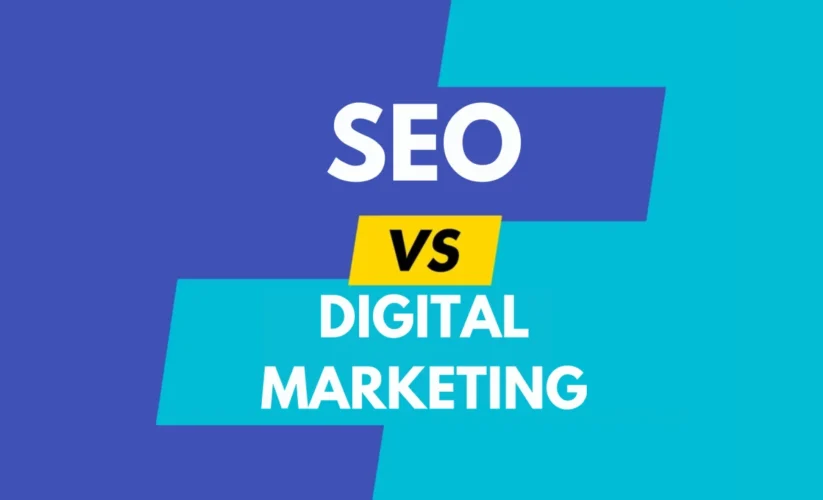
Email Marketing vs. Affiliate Marketing: Which Strategy is Best?
Which is the Best Strategy for My Business?
Email marketing vs. affiliate marketing—which is the best strategy for your business? In the fast-growing world of digital marketing, choosing between these two approaches can significantly impact your success. Email marketing focuses on direct communication with customers, while affiliate marketing expands your reach through partnerships. Understanding their strengths and differences will help you optimize your marketing efforts. This article explores both strategies in detail to determine which one aligns best with your business goals.
What is Email Marketing?
Email marketing deals with the direct reaching of the target audience in personalized and interactive email messages. This online marketing tactic builds relationships, nurtures leads, and closes the prospects as customers.
Features of Email Marketing
- Personalization: Personalized emails to each of their liking. High levels of engagement are obtained.
- Direct Communication: You directly engage with your target audience; the connections will be meaningful.
- Affordable: Being more economical compared to other channels for marketing, email marketing fits your budget.
- Automation Capabilities: Platforms like Mailchimp, ActiveCampaign, and Klaviyo enable automated workflows, saving time and enhancing efficiency.
Advantages of Email Marketing
- High ROI: Studies indicate an average return of $36 for every $1 spent on email marketing.
- Audience Retention: Effective for keeping existing customers engaged and informed.
- Data-Driven Insights: Analytics tools provide valuable insights into open rates, click-through rates, and customer behavior.
Challenges of Email Marketing
- Deliverability Issues: If not optimized, emails can end up in the spam folder. Content Overload: Subscribers are bombarded with so many emails; it’s difficult to stand out.
- Compliance Regulations: One needs to be compliant with the GDPR, CAN-SPAM, and other legal requirements. What is Affiliate Marketing?
Affiliate marketing leverages partnerships with individuals or companies-known as affiliates-who help promote your products and services. By unique referral links, affiliates earn commissions by driving revenue, leads, or traffic to your website.
Key Features of Affiliate Marketing
- Performance-Based: You pay affiliates only for measurable results, such as sales or sign-ups. Better Reach: Affiliates generally have established audiences across niches.
- Scalable: One business can hire multiple affiliates to increase their reach.
- Pros of Affiliate Marketing Cost-Effective: There are no upfront costs, and you pay per performance.
- Wide Reach: Affiliates can expose your brand to new audiences.
- Low Maintenance: Affiliates create and promote the content themselves.
Challenges of Affiliate Marketing
- Fraud Risks: Ensuring affiliates engage in ethical practices can be challenging.
- Brand Control: Affiliates may not always represent your brand as you’d like.
- Competition Among Affiliates: High competition can dilute your brand’s message.
- Email Marketing vs. Affiliate Marketing: A Comparative Analysis
To make an informed decision, consider how these strategies align with your business goals, budget, and target audience.
- Aspect
- Email Marketing
- Affiliate Marketing
- Cost
- Low; subscription fees for tools/platforms
- Performance-based; pay for results
- Reach
- Limited to your email list
- Amplifies reach through affiliates’ audiences
- Control
- Full control over messaging and branding
- Limited; affiliates manage their content
- Scalability
- Requires list building on an ongoing basis
- Easily scalable with more affiliate partnerships
- ROI
- High when running effective campaigns
- Can be unpredictable, depending on affiliates
- Effort Required
- Regular creation and management of content and lists
- Recruitment of affiliates and performance monitoring
- How to Choose Which Approach Works for Your Business

When to Use Email Marketing
- Strong Customer Base: When you have an already sizable email list, you can achieve quick results through email marketing.
- Long-Term Engagement: It helps in lead nurturing and building long-term customer relationships.
- Product/Service Promotion: It works well for direct product launches, updates, and offers.
When to Use Affiliate Marketing
- Increased Reach: Best for reaching new audiences via trusted affiliates.
- Minimal Budget: Because of performance-based pay, it cuts down on the upfront cost.
- Niche Market: Affiliates can target the niche market segments more effectively compared to traditional advertising.
Maximizing Results with Email vs. Affiliate Marketing
But most companies find a benefit in bringing one or both into their strategy, such as the following:
- Email to Recruit Affiliates: Run email campaigns for affiliate recruitment.
- Email Campaigns Driven by Affiliates: Have affiliates collect leads that you can follow up with via email.
- Data Sharing: Use affiliate insights to fine-tune your email marketing segmentation.
Real-Life Examples
Email Marketing Success: A fitness brand, with an already established customer base, launches a customized email marketing campaign promoting its new workout programs. By analyzing customer preferences, it reaches a 40% open rate and a 20% click-through rate.
Affiliate Marketing Success: A software company partners with tech bloggers to promote its product. With targeted content and reviews, the affiliates generate $50,000 in sales within three months.
Expert Tips to Apply Both Strategies
Email Marketing Best Practices
- Segment Your Audience: Segment subscribers by behavior, demographics, or preferences.
- Craft Compelling Subject Lines: Strive for clarity and curiosity for better open rates.
- Automate When Possible: Welcome emails, cart abandonment reminders, post-purchase follow-ups-integrate all these into your system.
- A/B Test Campaigns: Try different designs, subject lines, and offers to optimize performance.
Affiliate Marketing Best Practices
- Vet Your Affiliates: Partner with credible individuals or companies that align with your brand values.
- Quality Resources: Provide banners, links, and content templates to affiliates.
- Tracking Performance: Monitor affiliate activities with the use of tracking software like Refersion or ShareASale.
- Nurturing Relationships: Building trust in a relationship requires paying fair commissions on time to the affiliates.
Conclusion
Both are amazingly powerful tactics that have their merits. While email marketing is great at nurturing relationships with your base and yielding a high ROI, affiliate marketing is a go-to for reach and customer acquisition. Understand your business objectives and customer base to determine which approach-or combination of both-will yield the best results.
At Blog DevZev, we are committed to providing expert-level insights to help businesses be successful in this ever-changing digital landscape. Whether you are a startup considering marketing options or an established brand looking to optimize, we will take you through each step of the way. Read more about marketing tips and strategies on Blog DevZev today!




